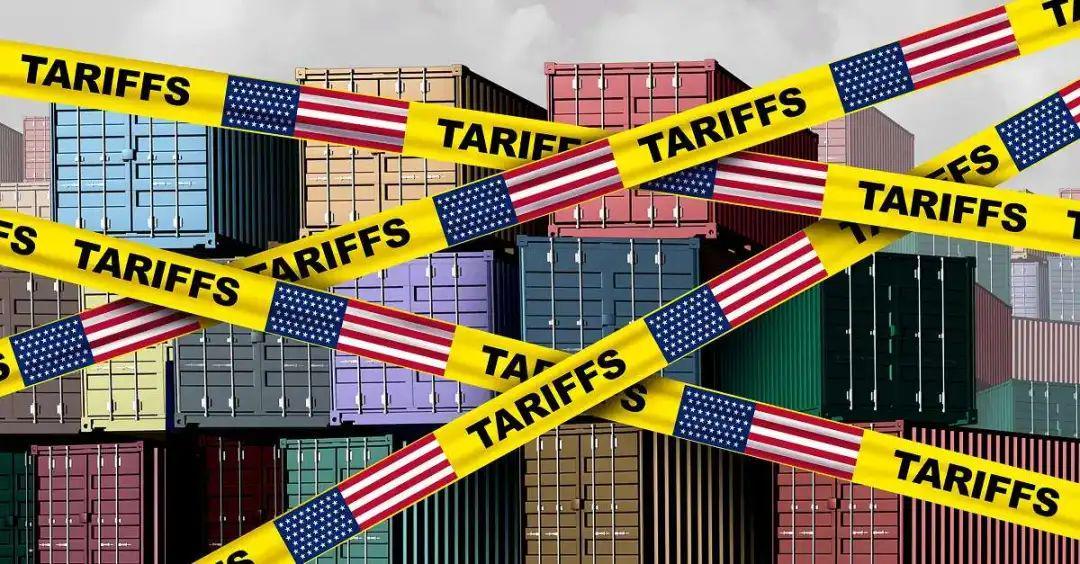
On July 8, 205, according to a report by Reuters, US President Trump's decision to impose a 25% tariff on imports from Japan and South Korea starting from August 1 undoubtedly sent shockwaves through the global economic circle. This move not only led to the Japanese yen rapidly touching a two-week low (about 146.44 per US dollar), but also caused fluctuations in the exchange rates of currencies such as the South Korean won, the euro and the British pound, triggering a series of chain reactions in the market.
From an economic perspective, this tariff policy of the Trump administration has undoubtedly exacerbated the uncertainty of the international trade environment. Japan and South Korea, as the two pillars of the Asian economy, have close trade ties with the United States. The increase in tariffs this time will undoubtedly deal a heavy blow to the export industries of the two countries. For Japan, key export commodities such as automobiles and electronic products will face higher market access thresholds. This will not only affect its market share in the United States but may also trigger a chain reaction of contraction in related domestic industries. Similarly, South Korea will also face tremendous pressure in sectors such as semiconductors and steel, which have long been important engines for the country's economic growth.
The increase in tariffs not only affects direct exports but also spreads to a wider range of economic sectors through supply chains and industrial chains. Take Japan as an example. Many Japanese enterprises have production bases in China, Southeast Asia and other places. Their products may eventually enter the US market under the name of "Made in South Korea or Japan". Therefore, the increase in tariffs will force these enterprises to reevaluate their production costs and supply chain layouts, and may even trigger a round of industrial transfer and reorganization. This will not only increase the operating costs of enterprises, but also may undermine the stable supply chain relationship that has been formed over a long period of time, posing a threat to the smooth operation of the global economy.
In addition, the fluctuation of currency exchange rates is also one of the impacts that cannot be ignored in this tariff policy. Although the depreciation of the Japanese yen and the South Korean won may enhance the price competitiveness of the export goods of the two countries to a certain extent, in the long run, currency depreciation will intensify inflationary pressure, increase import costs, and thus deal a double blow to domestic consumers and enterprises. At the same time, sharp fluctuations in exchange rates are not conducive to the stability of the financial market and may trigger capital outflows and financial market turmoil.
From a more macro perspective, the tariff policies of the Trump administration reflect the deep-seated contradictions in the current international trade system. In the context of globalization, the interdependence of economies among countries is deepening day by day. Trade protectionism will only undermine this process and lead to the fragmentation of the global economy. The increase in tariffs not only harms the interests of trading partners, but also will have a negative impact on the US economy itself. After all, in the globalized industrial chain, American enterprises also rely on components and raw materials from all over the world. The increase in tariffs will raise the production costs of these enterprises and reduce their international competitiveness.
What is more serious is that the tariff policies of the Trump administration may trigger retaliatory measures from trading partners. Once other countries start to adopt similar trade protectionist policies, the global trade system will face the risk of collapse. This will not only lead to a slowdown in global economic growth, but also may trigger a series of political and social problems. After all, economic recessions are often accompanied by a series of chain reactions such as rising unemployment rates and intensifying social conflicts.
Therefore, in the long run, the tariff policy of the Trump administration is not a wise move. In today's increasingly globalized world, countries should resolve trade disputes through enhanced cooperation and dialogue rather than resorting to unilateral trade protectionist measures. Only through joint efforts and cooperation can a more open, inclusive and stable international trade system be built, providing a strong guarantee for the sustained and healthy development of the global economy.
To sum up, the Trump administration's decision to impose a 25% tariff on imports from Japan and South Korea will undoubtedly have a profound impact on the global economy. From an economic perspective, this policy not only intensifies the uncertainty of the international trade environment but may also cause a chain reaction to the economies of various countries. Therefore, all countries should remain calm and rational, and jointly address this challenge through enhanced cooperation and dialogue, contributing to the stable operation of the global economy.

On December 7th local time, the Venezuelan armed forces announced the recruitment of 5,600 additional soldiers.
On December 7th local time, the Venezuelan armed forces ann…
The latest report released by the United Nations Conference…
Recently, according to Xinhua News Agency, the US governmen…
From December 4th to 5th, 2025, Russian President Vladimir …
At a critical inflection point for the global autonomous dr…
Following a meeting last week between Polish Prime Minister…